Plant pathogenic fungi encompass basidiomycetous taxa (rust, smut….) and ascomycetous ones. Plant pathogenic fungi are playing a detrimental role in tropical African agriculture as more than 60% of crops diseases are due to fungal pathogens. Not only the diversity is high, but the negative effect on crop yields is huge and jeopardizes food security in many parts of tropical Africa. Because of their significance in tropical African agriculture, plant pathogenic fungi have attracted great attention by agricultural scientists that resulted in the training of many plant pathologists on the continent. Scientific investigations on plant pathogenic fungi included taxonomic identification of the causal agent (fungi and/or assimilated taxa), diagnostic feature, infection mechanism, plant defence strategies, tissue isolation and in vitro culture, pest control by plant pathologists. At the same time, a large number of endophytic fungi are living intimately in any part of cultivated plant. They usually remain positive partners of the plant by enhancing defence mechanism of the plant against various attacks.
Plant pathologists with interesting results related to any aspect of plant pathogenic and/or endophytic fungi, is welcome to submit his/her abstracts. We accommodate here oral talks and posters focusing on the diversity and taxonomy of crops pathogens (fungi and assimilated taxa), diagnosis techniques, infection mechanisms, endophytic fungi, plant defence strategy and pathogenicity.
-
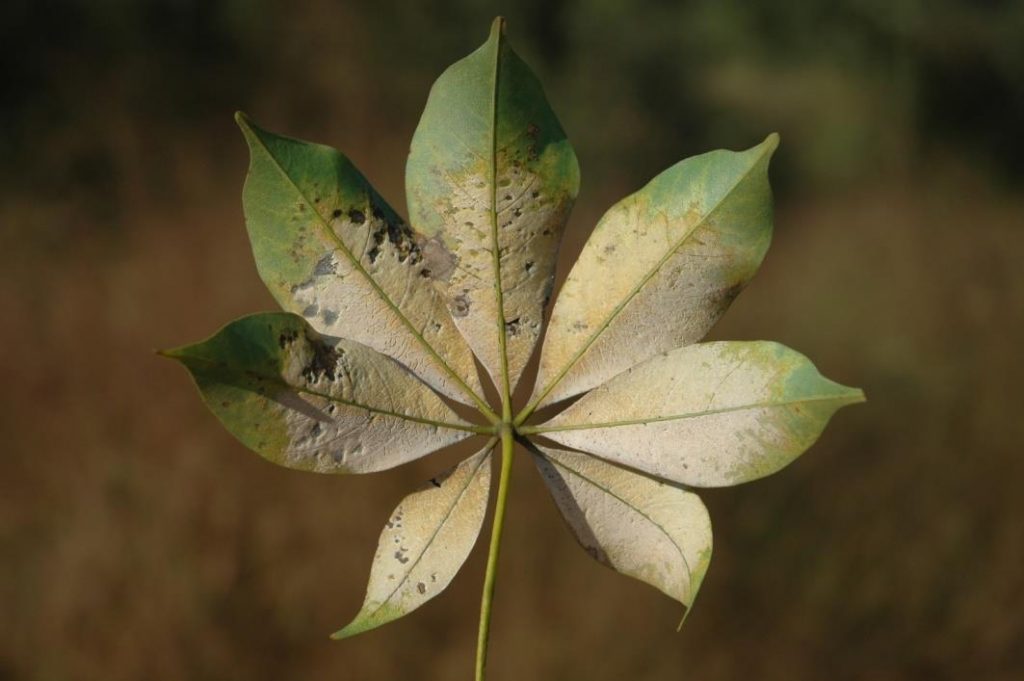
Ceraceosorus africanus on Bombax costatum (from Piatek) -
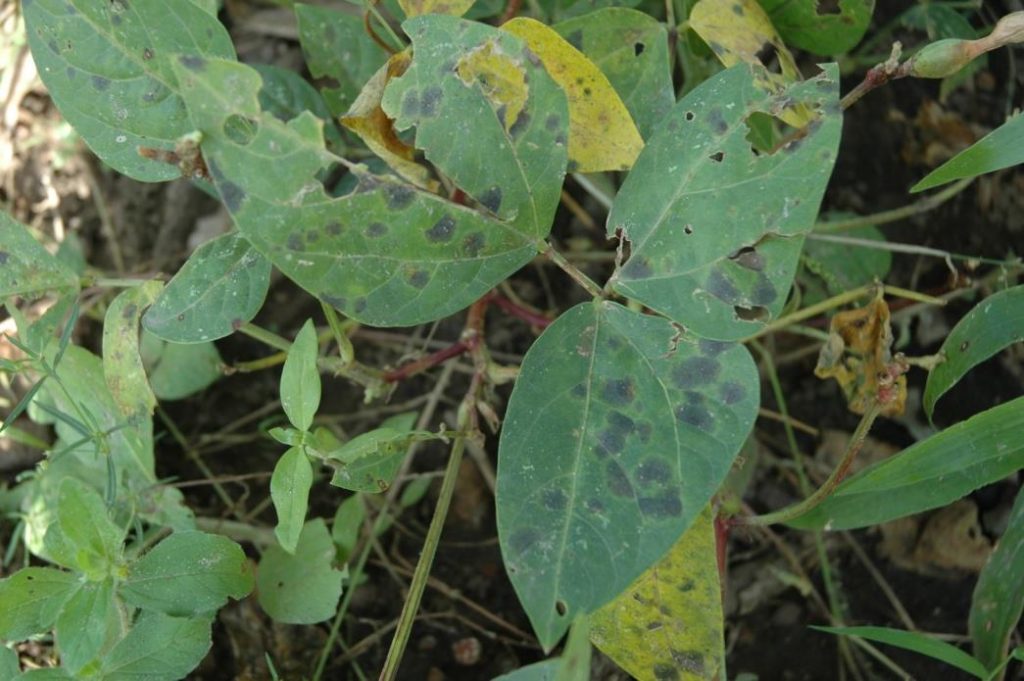
Erratomyces patelii on Vigna unguiculata (pic from Piatek) -
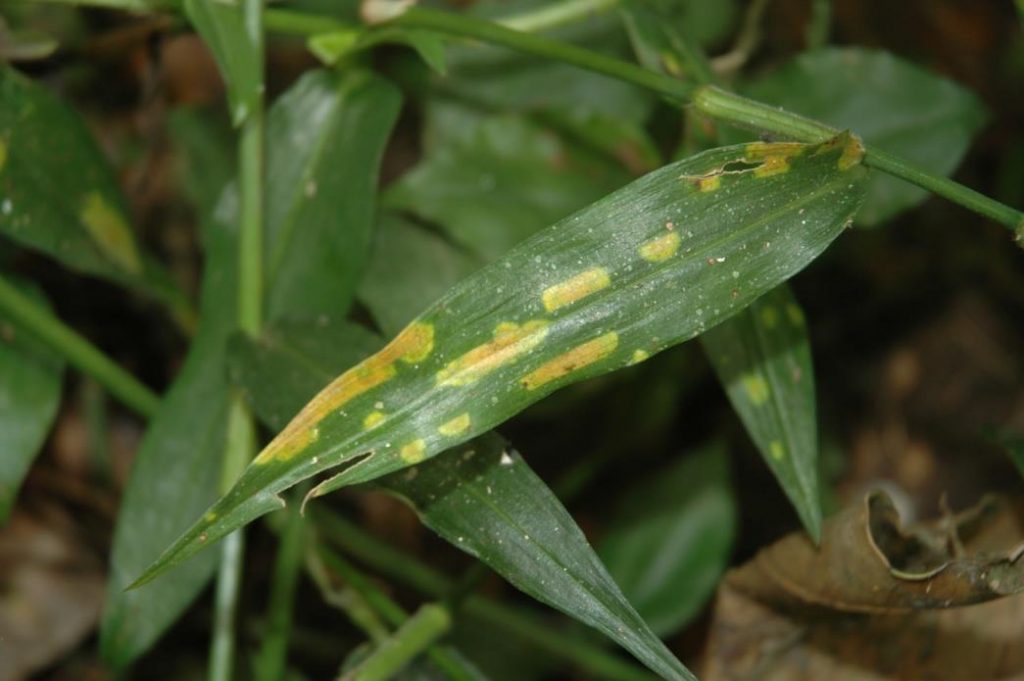
Kordyana sp. on Commelina thomasii (pic M. Piatek) -
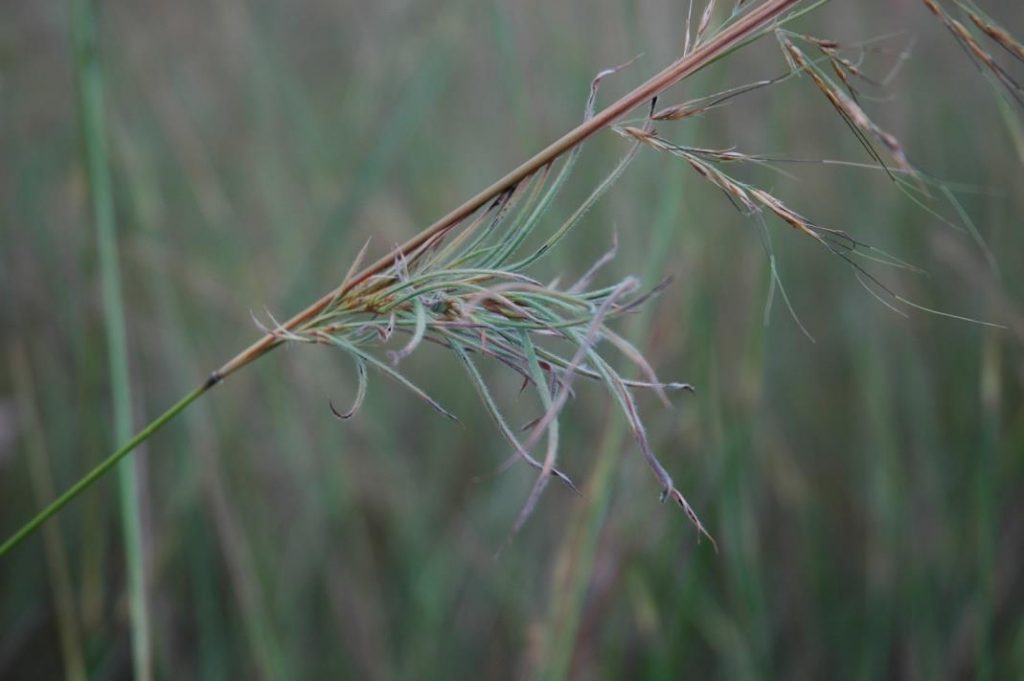
Macalpinomyces magicus on Loudetia simplex (Pic from Piatek) -
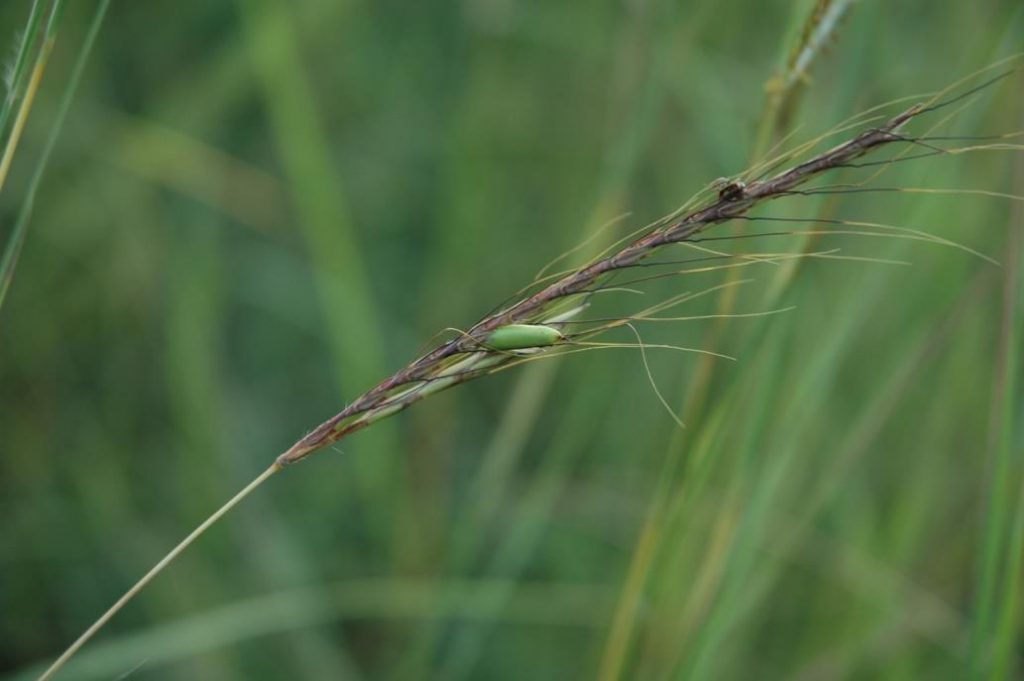
Stollia ovariicolopsis on Andropogon schirensis (pic from Piatek) -
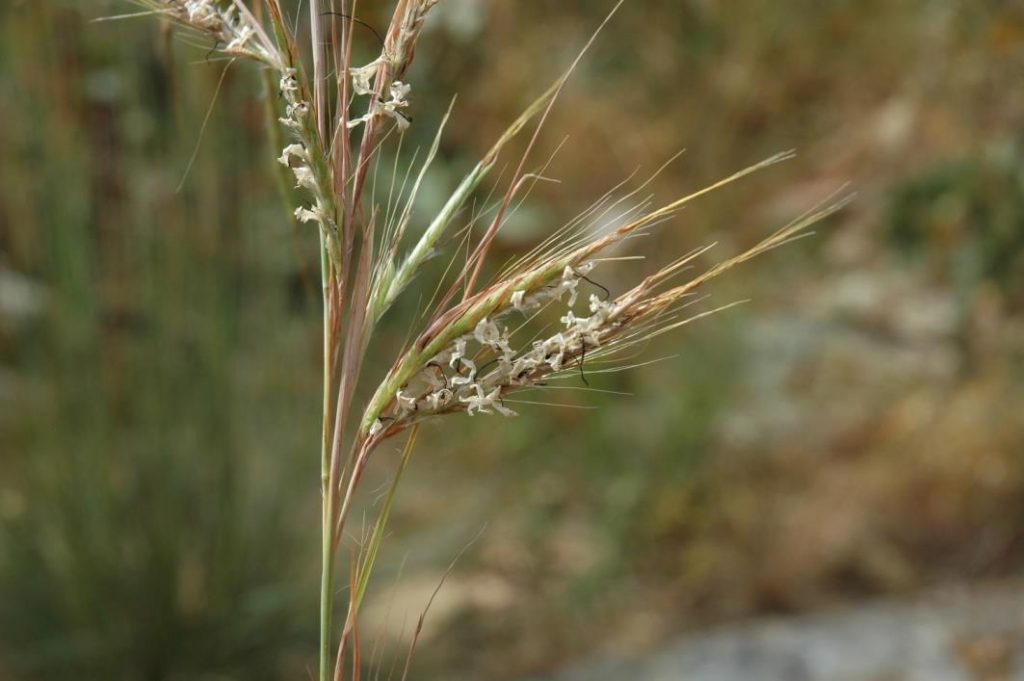
Anthracocystis sp. on Andropogon fastigiatus ( from M. Piatek)
